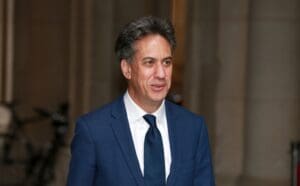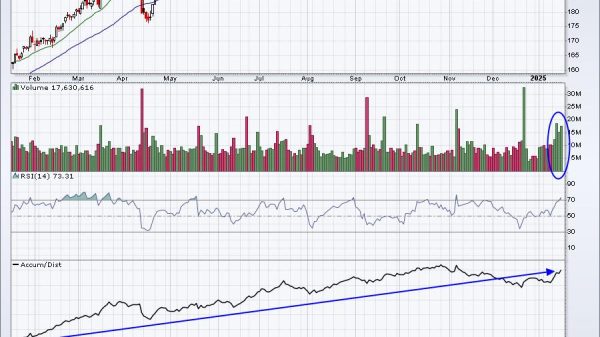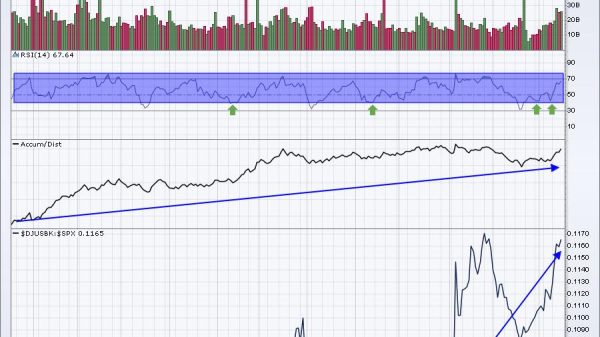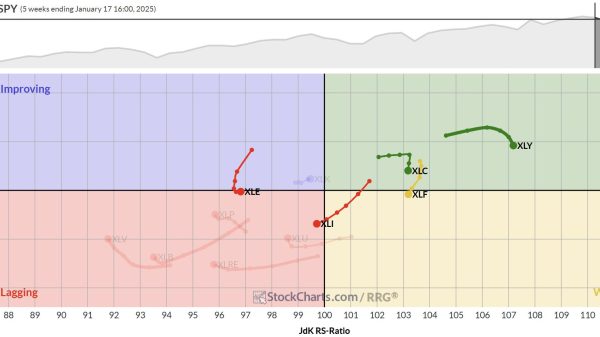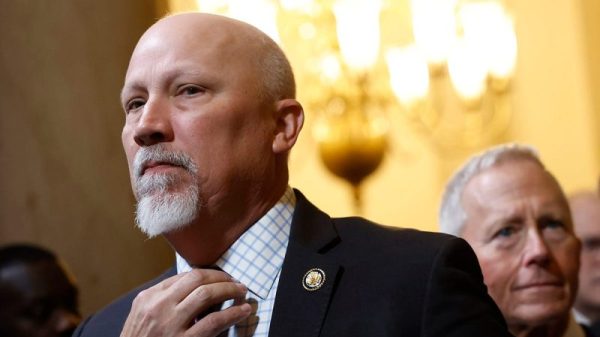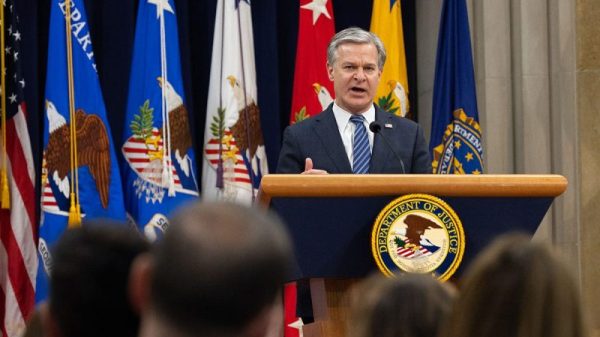Government borrowing surged by £3.2 billion above expectations in December, with the shortfall reaching £17.8 billion as rising public sector pay, inflation-linked benefits, and a one-off property purchase pushed spending to its highest December level in four years.
Official figures from the Office for National Statistics (ONS) revealed the spike in borrowing, up from £11.8 billion in November and outstripping the Office for Budget Responsibility’s (OBR) forecast of £14.6 billion. Higher staff wages, inflation-driven costs and increased benefits contributed to a £12.9 billion surge in public expenditure to £100.2 billion, while a £1.7 billion re-purchase of 36,000 military dwellings added further pressure to the public purse.
Market reaction to Britain’s fiscal strains was largely muted: the FTSE 100 rose by 0.34 per cent to 8,577.09, while the more domestically focused FTSE 250 gained 0.47 per cent to 20,692.02. The pound remained flat against the dollar at $1.235 and yields on 10-year UK government bonds edged down to 4.592 per cent.
Although December’s figures are the highest for that month since 2020, the ONS emphasised a pandemic-era parallel when emergency spending was similarly inflated. Analysts nevertheless cautioned that the latest borrowing overshoot is likely to constrain the chancellor, Rachel Reeves, who reaffirmed her fiscal rules — balancing day-to-day government spending with tax receipts and reducing debt as a share of GDP — during a Bloomberg event at the World Economic Forum in Davos, describing them as a “bedrock” for economic stability.
“Against a backdrop of slowing GDP growth and high interest rates, December’s overshoot in borrowing is further disappointing news for the chancellor,” said Alex Kerr, UK economist at Capital Economics. He noted that strong gilt yields would reduce Reeves’s flexibility, warning: “That combined with a weakening economy suggests that, in order to meet her fiscal rules, the chancellor may need to raise taxes and/or cut spending in the next fiscal statement on 26 March.”
In the nine months to December, government borrowing overshot the OBR’s target by £4.1 billion. The official forecaster will update its outlook on 26 March, with some observers suggesting that if borrowing costs remain elevated, further tax rises or spending cuts may be necessary to uphold the chancellor’s fiscal targets. Debt interest spending also came in higher than predicted at £8.3 billion last month, the third-highest December figure since records began in 1997.
Public sector net financial liabilities now equate to 84.5 per cent of GDP, up from 82.6 per cent a year earlier, while the government’s former debt metric, public sector net debt, stands at 97.2 per cent of national output. Reeves has already faced accusations she will need to implement austerity measures, but insists the government will not waver on meeting its fiscal mandates.
Darren Jones, chief secretary to the Treasury, vowed to maintain “an iron grip” on the public finances and root out “every line of government spending” during the forthcoming spending review. He stressed that “economic stability is vital” for delivering growth, echoing the government’s insistence that its fiscal stance is central to protecting Britain from global headwinds.
Bond markets have seen notable swings in the new year. UK gilt yields jumped earlier in January on concerns around sticky inflation, mirroring a sharp rise in US Treasury yields, before softening when inflation data proved weaker than anticipated at 2.5 per cent. The chancellor acknowledged that one week’s financial volatility would not derail the OBR’s forecast process, saying she would wait for the final projections before contemplating any policy changes.
Government tax receipts, meanwhile, rose by £2.3 billion over the year to £85.6 billion in December, lifted by buoyant corporation tax and income tax revenues. However, a two-point cut to personal national insurance contributions since March last year has curbed Social Security revenues by £2.1 billion. Reeves is set to raise employers’ national insurance contributions from 13.8 per cent to 15 per cent in April, a move designed to help fortify the public finances ahead of the chancellor’s next big fiscal showdown in March.
Read more:
UK borrowing overshoot stokes fears over fiscal rules


